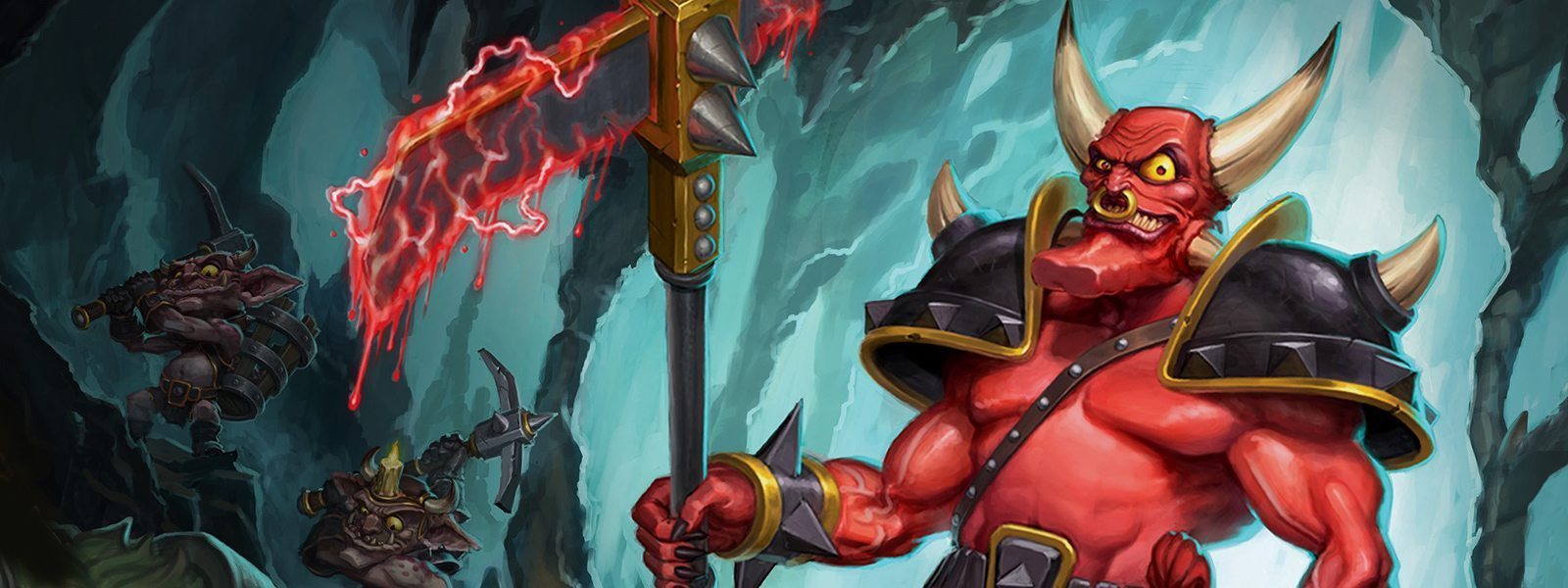Breaking free of “freemium” gaming
The free-to-play model becomes a farce when the player is besieged, cajoled and psychologically pummelled into paying for virtually nothing
Nearly everyone with a clout of familiarity with the videogames market will understand the concept of “freemium” software where only the very basic veneer of the game is provided for free, while enhancing features are barricaded behind paywalls. At what point however, does freemium software blatantly cross over into the territory of transparent exploitation? Where can we draw the line? Given the recent online furore over it, Dungeon Keeper for mobile may well be one of the best places to start.
Attempting to replicate the feeling of the classic PC games of its namesake, the new Dungeon Keeper maintains the dark, satirical humour and the ability to command a horde of toiling imps to dig out tunnels and caverns and build intricate dungeons. While the efficient imps of the old Dungeon Keepers could accomplish a decent-sized chamber in a few minutes, a single block of rock can take between four and twenty four hours to dig out in this version. The solution around this staggering case of ransom is of course to open up your wallet to Electronic Arts to dial down on the waiting. You do this by purchasing gems, the only currency in the game of any intrinsic worth.
[divider]
[divider]
Successfully circumventing this temporal barrier, reality hits that there is an abundance of other blocks to dig out, each one about to psychologically pummel you with timers of its own. This prompts immediate questions. Where is the game? Where is the actual gameplay? Where is the core of enjoyment that warrants this to be called a game, unless one’s idea of fun is to foolishly offer their wallet as if a chalice of tribute to the gods of avarice?
It is perhaps apt to dispense with the idea of Dungeon Keeper and its similar ilk such as Simpsons: Tapped Out as games. They should be likened to cynically designed cash couriersystems, only without the effort to even disguise the fact. To define these forms of premium software as games will be to do injustice to many other games in the App or Play stores because there is no ounce of gameplay involved in Dungeon Keeper. There is no satisfaction in accumulating large amounts of ingame currency which turns out to be worthless because the real currency of any value is attained through real money transactions. There is no accomplishment to be had in paying for something to happen when the inherent nature of videogames since their inception is to accrue reward through meaningful interaction and effort and conquering challenges.

Warframe (top) and Tribes: Ascend (bottom) are examples of free-to-play done right
Free-to-play is not inherently scammy as a business model. You can see the folks of Tribes: Ascend, Path of Exile and Warframe as examples of developers who have been able to successfully produce games adhering to artistic vision and earn good money through the goodwill of the players. Free-to-play works when a studio is focused on delivering a game to a player that is worth their time. It works when the player gets something out of the game and offers to support the endeavour of the developer by paying money for fairly apportioned optional content that does not drastically alter the game unfairly for non-payers.
The model becomes a farce when the player is besieged, cajoled and psychologically pummelled into paying for virtually nothing. There is something appropriate about a demon doing the cajoling in Dungeon Keeper, mind you. EA’s newest demon child is an excellent representation of the dukes of decadence and the grandees of greed that sit on top of the company’s corporate ladder. They seek a glorious green Jerusalem, albeit one composed of dollar bills, attained through the most despicable of methods. [divider_top]
![]() Are you fan of so called “freemium” games? Do you think Dungeon Keeper is more scam than success? Tweet @BoarGames and let us know!
Are you fan of so called “freemium” games? Do you think Dungeon Keeper is more scam than success? Tweet @BoarGames and let us know!

Comments